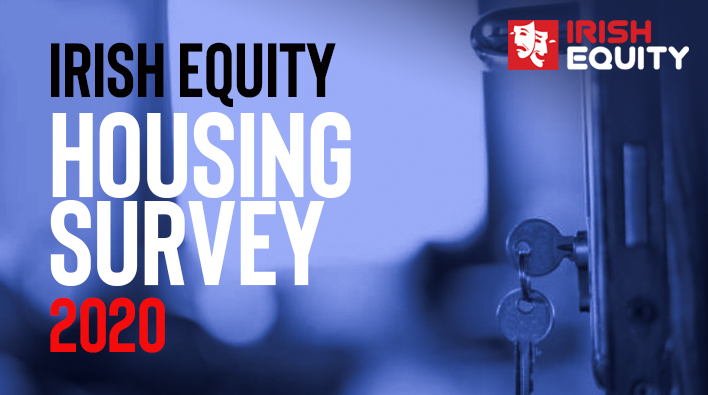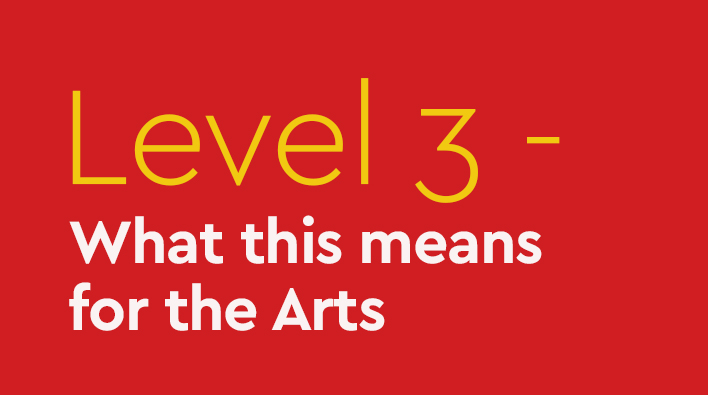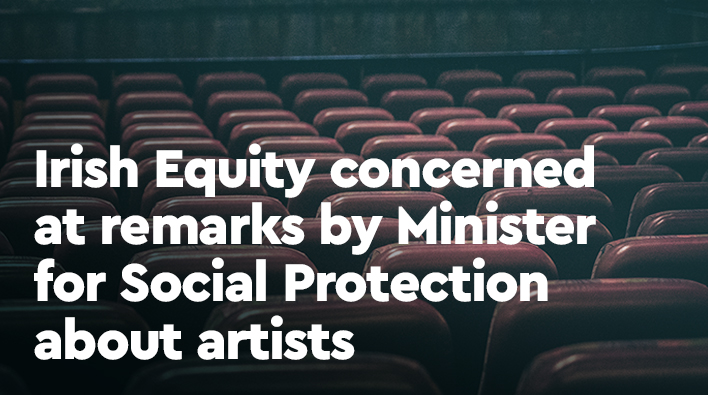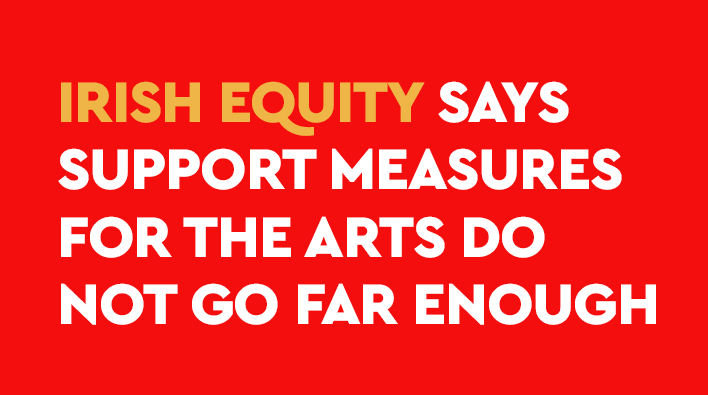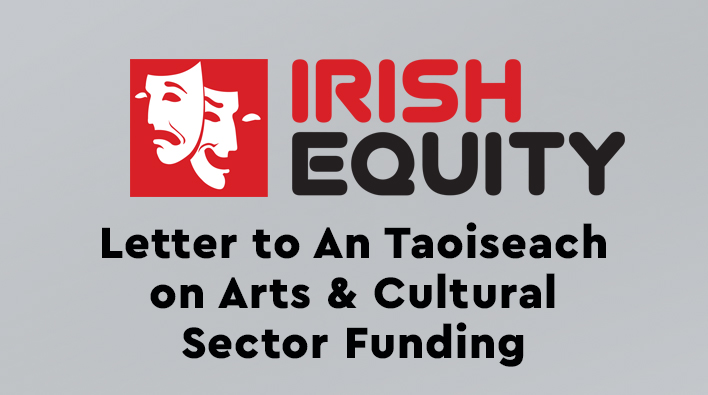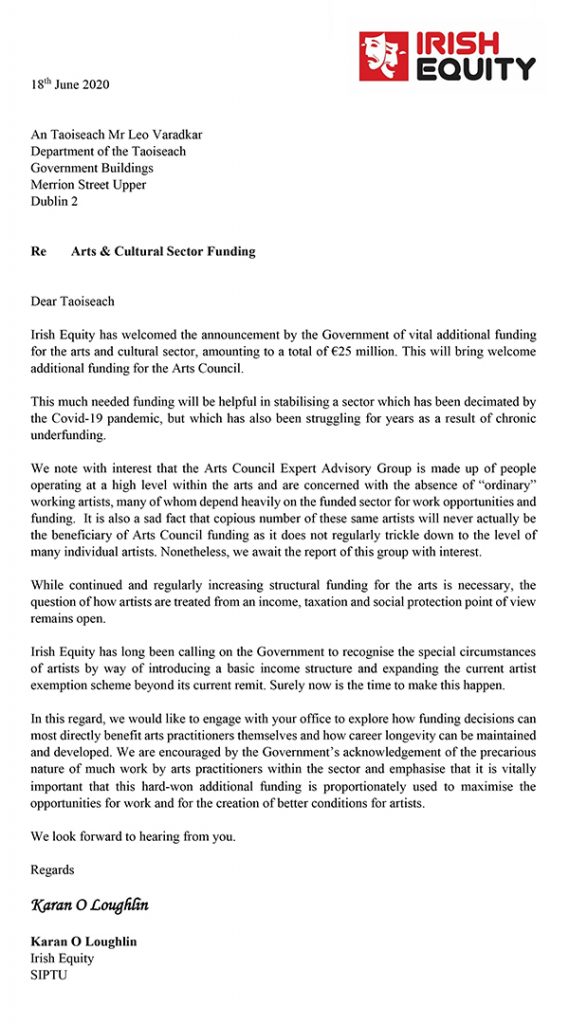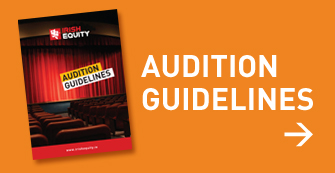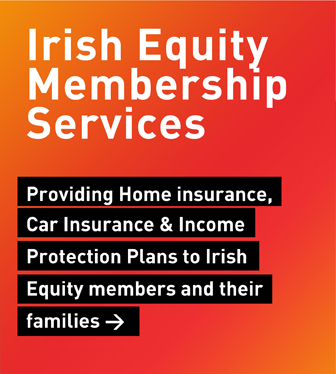As the Covid-19 pandemic continues to cause utter devastation right across the Arts, more and more performers, theatre makers and practitioners, musicians, entertainers, events and other workers are continuing to feel the financial strain of not being able to meet their obligations and in particular, their rent.
In the link below, we have created a short survey to gather information to make the case for specific rent supports for your sector as it was the first to shut down and will in all likelihood be the last to reopen. We have harrowing testimonials from some artists about their accommodation situation before this pandemic but the shut sown of the sector has further exacerbated their situation.
If you are in a rented property please take a few minutes to click on the link (its also phone friendly) and share it with other artists and arts workers.
